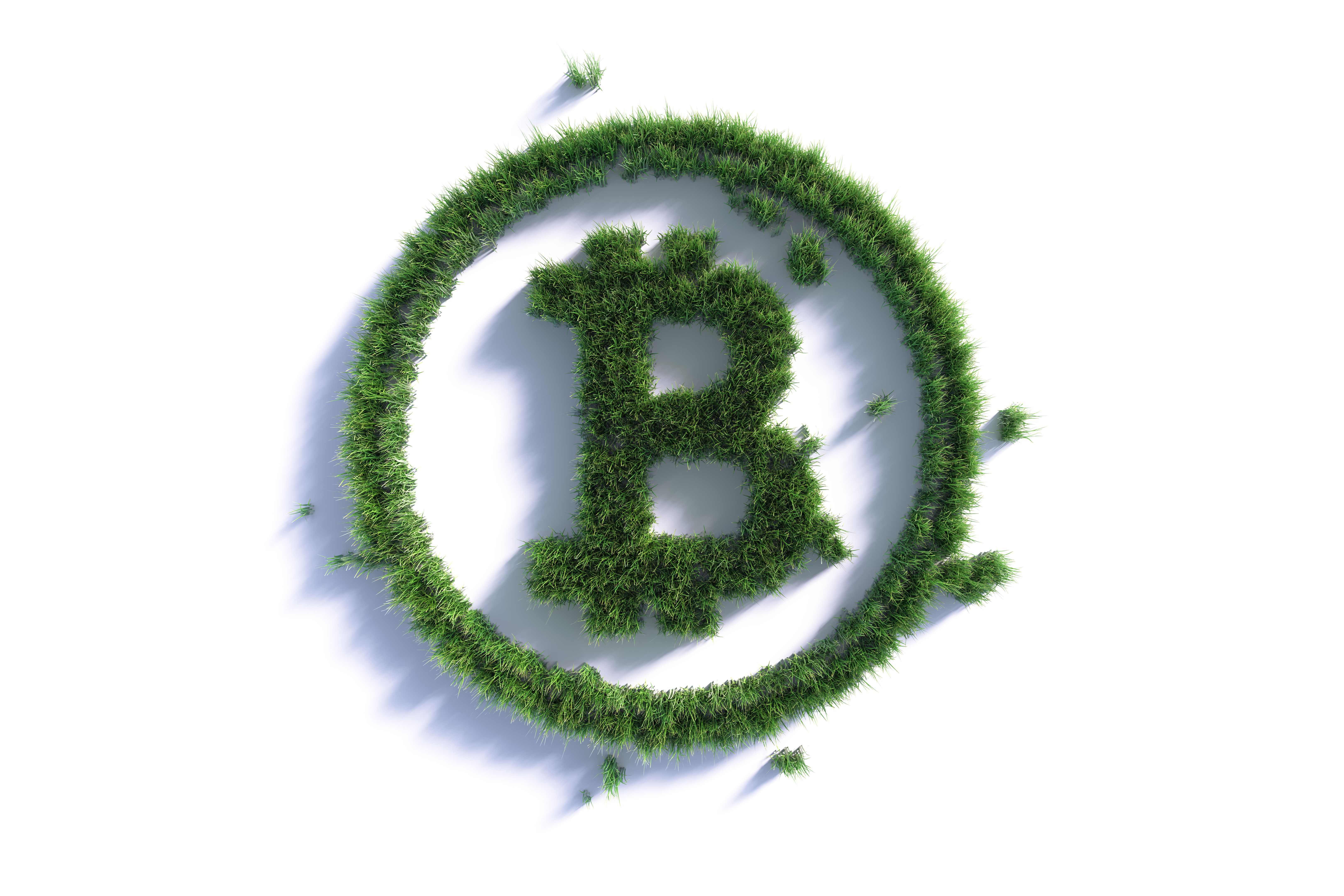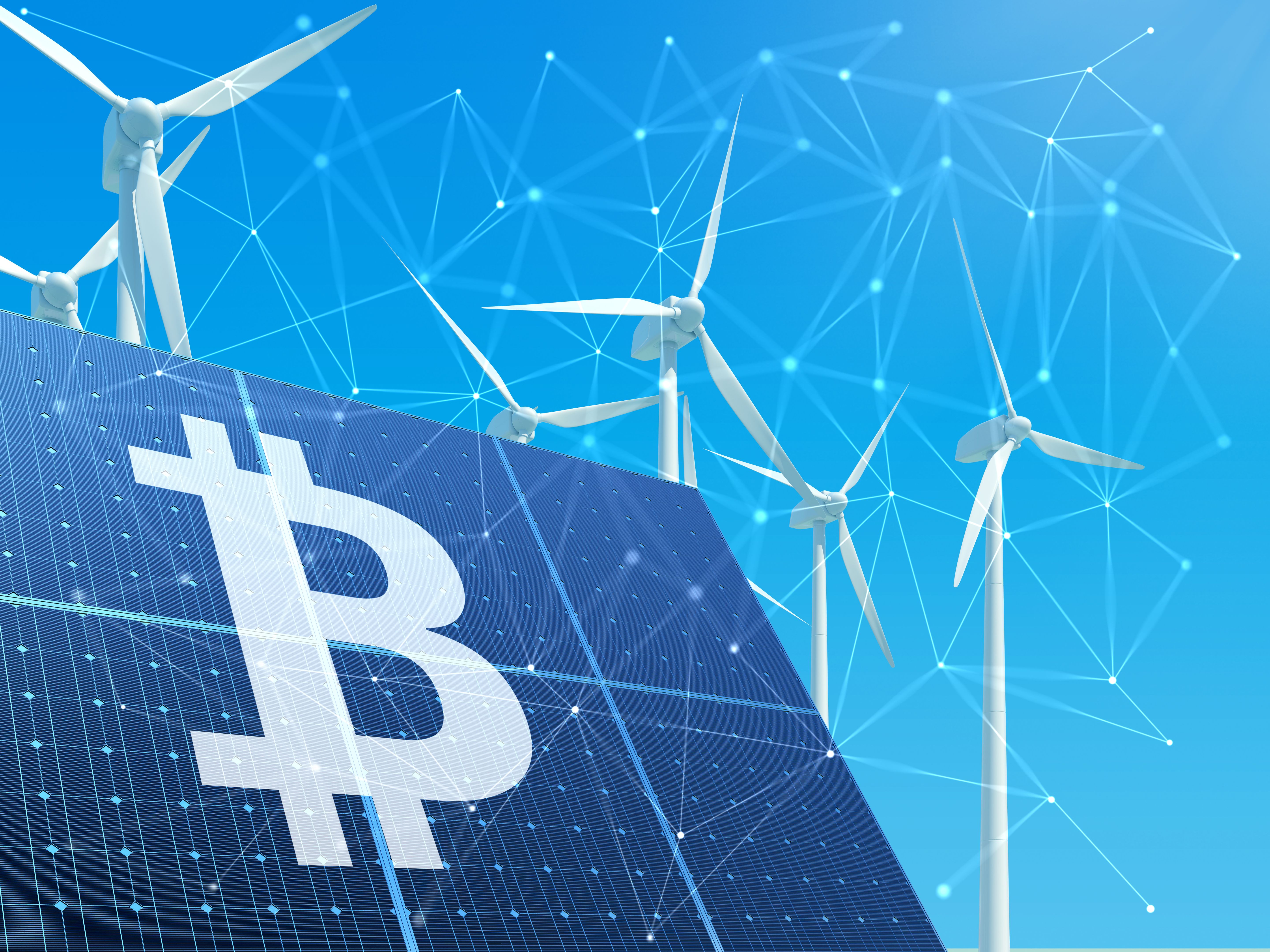Sustainability in Blockchain: The Rise of Energy-Efficient Consensus Mechanisms
Understanding Blockchain’s Energy Challenge
The blockchain revolution has brought about significant advancements in various industries, from finance to supply chain management. However, one of the major criticisms of blockchain technology is its substantial energy consumption, especially in the context of cryptocurrencies like Bitcoin. This energy-intensive nature is primarily due to the consensus mechanisms, such as Proof of Work (PoW), which require massive computational power.

As the demand for blockchain applications grows, so does the need for sustainable solutions. The challenge lies in balancing the security and decentralization that blockchain promises with a reduced environmental impact. Fortunately, the rise of energy-efficient consensus mechanisms offers a viable path forward.
The Shift Towards Energy-Efficient Mechanisms
Proof of Stake (PoS)
One promising alternative to PoW is Proof of Stake (PoS). Unlike PoW, where miners compete to solve complex mathematical puzzles, PoS selects validators based on the number of coins they hold and are willing to 'stake' as collateral. This reduces the need for power-hungry computations, significantly decreasing energy consumption.
Ethereum, for instance, has transitioned from PoW to PoS with its Ethereum 2.0 upgrade, highlighting a major shift in the industry towards more sustainable practices. This transition is expected to reduce Ethereum's energy consumption by over 99%, setting a precedent for other blockchain networks.
Delegated Proof of Stake (DPoS)
Another variation is Delegated Proof of Stake (DPoS), which further optimizes energy efficiency by allowing stakeholders to vote for a small number of delegates who validate transactions. This method not only conserves energy but also enhances scalability and transaction speed.

DPoS has been successfully implemented in projects like EOS and TRON, showcasing its potential to maintain decentralization while being less taxing on resources. The selection process ensures that only trusted delegates participate, reducing the need for extensive computational power.
Exploring Other Innovative Solutions
Proof of Authority (PoA)
Proof of Authority (PoA) is another innovative solution focusing on energy efficiency. In PoA, validators are pre-approved and must establish their identity before they can validate transactions. This model minimizes energy use since it does not require extensive computations, making it suitable for private or consortium blockchains.
PoA networks are particularly appealing for businesses and governments that require efficient and reliable blockchain solutions with controlled participation. By ensuring that only trusted entities can validate transactions, PoA offers a secure yet eco-friendly alternative.

The Benefits of Sustainable Blockchain Practices
Adopting energy-efficient consensus mechanisms not only addresses environmental concerns but also promotes broader adoption of blockchain technology. By reducing energy consumption, these innovations make blockchain more accessible and cost-effective for a wider range of applications.
Moreover, sustainable blockchain practices align with global efforts to combat climate change, enhancing the reputation of blockchain as a forward-thinking and responsible technology. As more industries prioritize sustainability, blockchain can play a pivotal role in facilitating greener solutions across various sectors.
The Road Ahead
The transition to energy-efficient consensus mechanisms marks a critical step in the evolution of blockchain technology. As the community continues to innovate and explore new solutions, the potential for creating a sustainable digital future becomes increasingly attainable.
While challenges remain in implementing these changes at scale, the progress made so far is promising. By prioritizing sustainability, the blockchain industry can continue to thrive while contributing positively to our planet's well-being.
